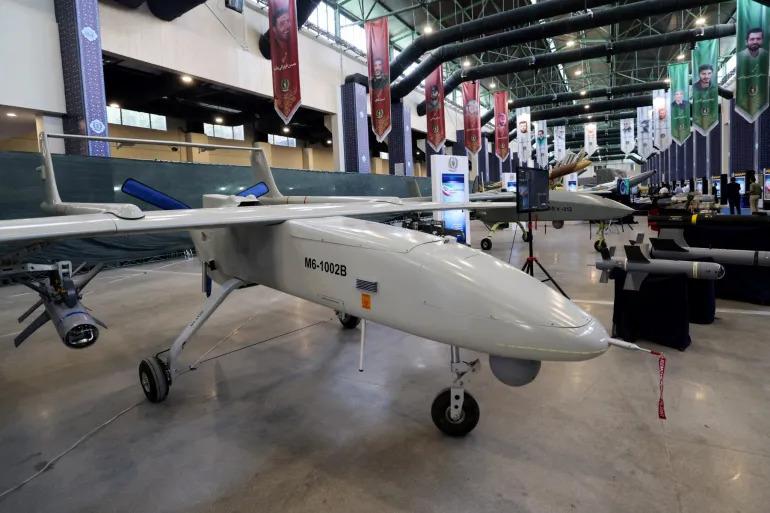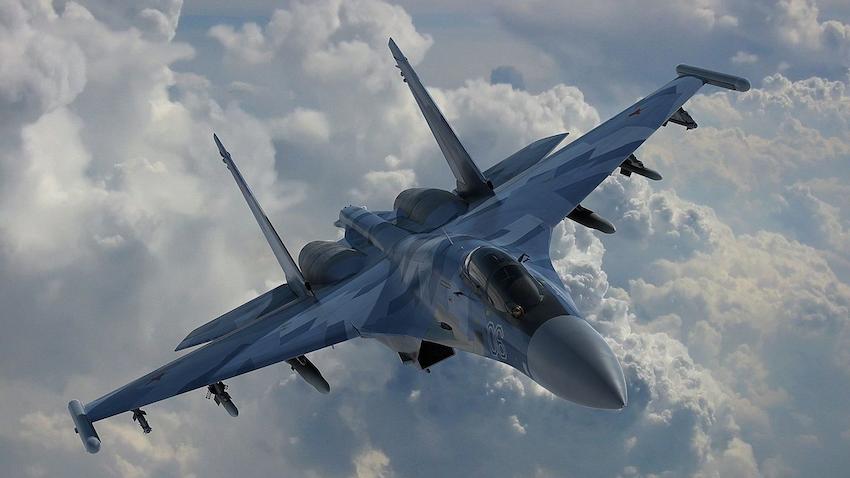Why did Iran decide to send missiles to Russia? Turning point in military ties
On February 22, the Israeli media reported that Iran had supplied Russia with hundreds of ballistic missiles, marking a turning point in military cooperation between the two countries.
According to reports, Iran has sent Russia 400 “highly accurate” ballistic missiles, namely the Fateh-110 family of short-range ballistic weapons, such as the Zolfaghar, which are capable of hitting targets at a distance of between 300 and 700 km. Despite media allegations, official Tehran and the elite Islamic Revolutionary Guards refused to confirm or decline.
The shipments began in early January after a deal was finalized in meetings late last year between Iranian and Russian military and security officials that took place in Tehran and Moscow. Such a move would not only signify a deepening of military ties but also reflect a strategic pivot by Iran toward a more assertive stance in its foreign relations, particularly in the context of its dealings with the West on the one hand and non-Western powers on the other. Moreover, some of missiles were transported via plane, while others travelled via the Caspian Sea on ships.
Considering the recent intensity of Russian missile attacks on Ukraine, it is safe to note that there had been at least four shipments of missiles, and there would be more in the coming weeks. Iranian delivery of missiles to Russia intensified in light of its invasion campaign of Ukraine as following heavy tactical losses, Moscow began using Iranian-made Shahed drone to target Ukrainian civilian and military infrastructure.

Russia has been launching swarms of Iranian drones against infrastructure and civilian targets in Ukraine since October 2022. The drones are also used during missile attacks to overwhelm Ukrainian air defences.
Western countries have sanctioned dozens of individuals and entities involved in the supply of kamikaze weapons. Despite international sanctions and condemnation, Russia and Iran went further in deepening military ties as Iran agreed to build a drone production plant in Russia to supply its troops in Ukraine easily.
Since September 2023, Western intelligence reports indicated that Russia is in negotiations with Iran to acquire ballistic missiles to inflict grave damage on Ukraine. However, Iran's strategic defence ties with Russia were established several years ago when Tehran deployed various Russian-made air defences, including the S-300 missile system.
In light of the recent tensions between Israel and Hamas and increasing pressure on Iran, Tehran reached out to Moscow as a potential supporter and partner to deter potential air strikes on its soil by the US-led Western coalition. In the aftermath of the January 2024 killing of three US soldiers in Jordan by Iraqi armed groups, hawks in Washington have demanded a direct retaliatory strike on Iran.
As such, in exchange for Iranian ballistic missiles, Russia could potentially help bolster significant elements of Iran’s conventional deterrence. In 2023, the Russian media stated that the country is set to export up to two dozen Sukhoi-35 (Su-35) fighter jets and Mil Mi-28 attack helicopters to Iran.

Notably, Iran’s decision to dispatch long-range ballistic missiles to Russia amid harsh confrontation in the close vicinity is likely due to raising fears of new armed escalation at its borders. The proliferation of Iranian-made missiles would give Tehran additional leverage over the regional states, creating a counterbalance factor.
Unlike Iran and Russia, the new ballistic missile export creates a dangerous precedent for Arab states, including Israel – Iran's arch-enemy. Since the inception of the Russo-Ukraine war, Israel urged Russia to restrain from importing Iranian-made ballistic missiles to prevent the proliferation of Iranian technology in the Middle East, albeit unsuccessfully.
Russia’s recent advancement in Ukraine raised concerns in the West regarding the further capabilities of Ukraine to resist and ambush Russian forces. On February 19, Russia announced that it established full control over the Ukrainian city of Avdiivka after Ukrainian forces, low on ammo and personnel, retreated. It was the first significant gain by Russia in months. Amid Russia’s advantage, the US contingent of populist Republican lawmakers has voiced opposition to US involvement in the conflict.
As the UN-imposed sanctions on Iranian missile export expired in 2023, Russia was quick to offer itself as a new market for Iranian defence technologies even though the US and European Union retained sanctions on Iran's ballistic missile program amid concerns over exports of weapons to its proxies in the Middle East. With the continuous shipments of Iran to Russia, the war in Ukraine will enter into a more violent phase, while the fragile security architecture in the Middle East will be fractured more.








